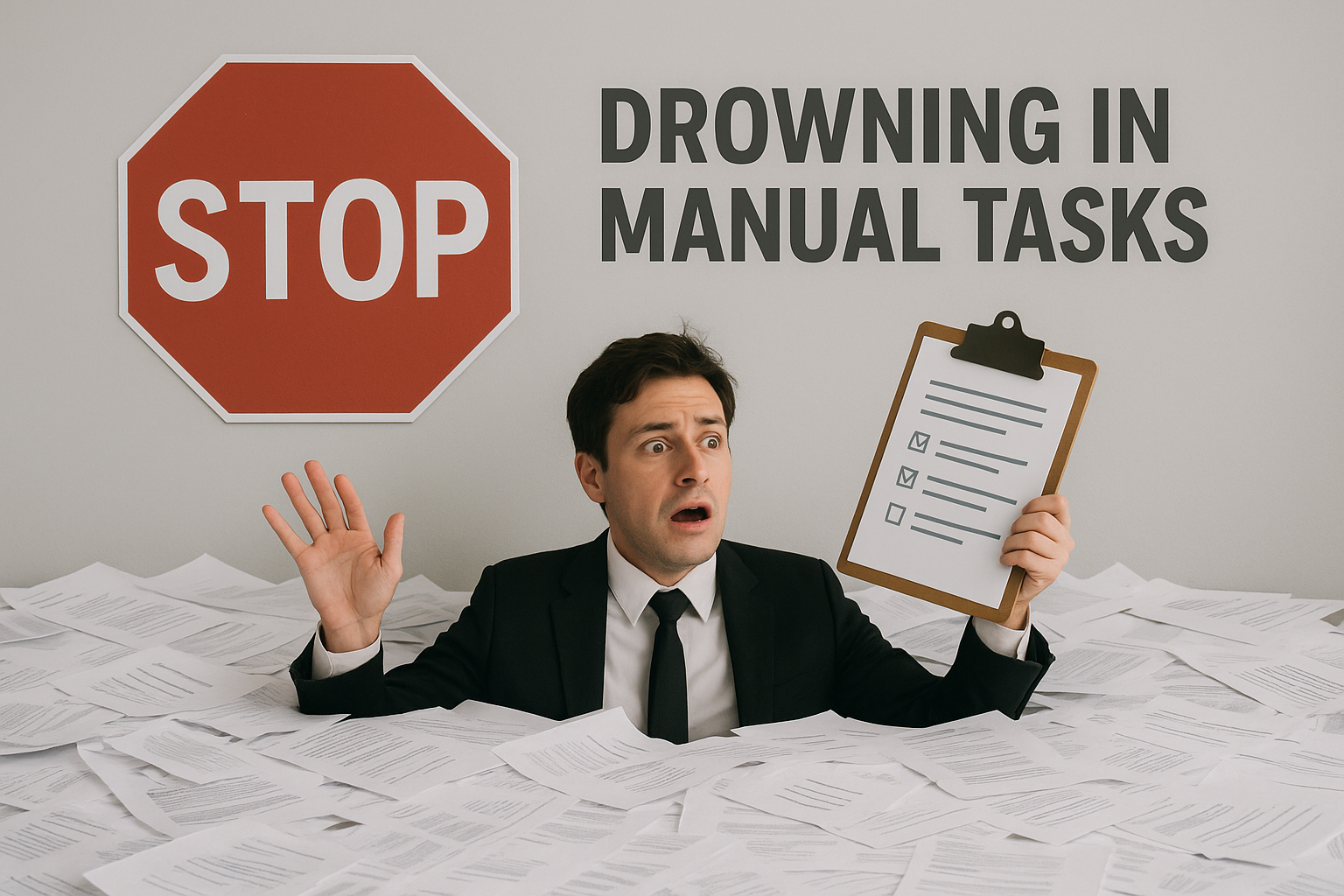Minimum yearly repayments on Division 7A loans

To avoid an unfranked dividend under the Division 7A rules, loans from a private company to its shareholders or their associates must be either repaid in full or be covered by a 'Division 7A complying loan agreement' before the company's lodgment day.
Complying loan agreements require minimum yearly repayments ('MYRs') comprising of interest and principal to be made each year, starting from the income year after the loan is made.
Taxpayers must ensure they can meet the required MYRs on complying loans.
If they miss the MYR or do not pay enough in an income year, the shortfall may be treated as an unfranked dividend.
Note also that borrowing additional amounts from the same company, directly or indirectly, to make repayments on complying loans may result in the repayment not being taken into account in working out if the MYR has been made.
When making MYRs, borrowers need to:
- start repayments in the income year after the complying loan was made;
- use the correct benchmark interest rate (8.27% for the 2024 income year) to calculate the MYR for the current year; and
- make the required payments on the loan by the due date — the end of the income year (i.e., usually by 30 June).
Need Help with your Business, Bookkeeping, Tax or SMSF requirements?
If you would like a little help, please get in touch with us for assistance. We can help with your business, bookkeeping, tax and SMSF requirements.
Please also note that many of the comments in this publication are general in nature and anyone intending to apply the information to practical circumstances should seek professional advice to independently verify their interpretation and the information’s applicability to their particular circumstances. Should you have any further questions, please get in touch with us for assistance with your SMSF, business, bookkeeping and tax requirements. All rights reserved. Brought to you by RGA Business and Tax Accountants. Liability Limited by a scheme approved under Professional Standards Legislation.









